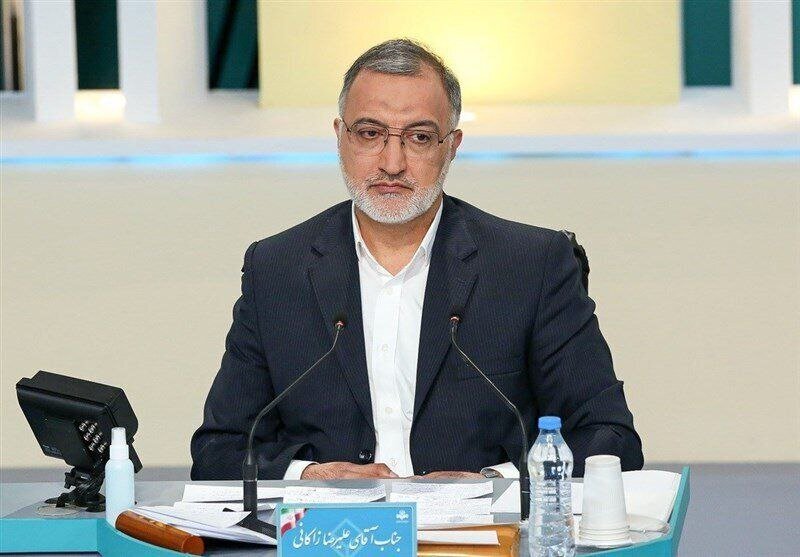Iran presidential elections: JCPOA lambasted by conservative mayor

TEHRAN – On Saturday, contenders for the 2024 presidential elections in Iran appeared on national television once again to appeal for the support of over 60 million eligible Iranian voters.
During a televised discussion on political matters, the "revolutionary tank," Alireza Zakani, reiterated his strong criticism of the 2015 Iran nuclear deal, formally called the Joint Comprehensive Plan of Action (JCPOA).
Zakani criticized the former foreign minister Mohammad Javad Zarif, claiming that he lacked self-belief and agreed to a deal without fully reading or understanding its text and articles.
"The JCPOA reflects a mindset that lacks confidence in Iran's internal capabilities and seeks to conform to the existing global order," stated the presidential candidate. "Another issue with the JCPOA was the lack of thorough analysis and expertise. It was revealed in the JCPOA Commission that no expert analysis had been conducted, and the foreign minister at the time admitted to not having read the JCPOA," he added. He emphasized that he would not sign a deal like the JCPOA even if the other party were "his brother," let alone a long-time adversary like the United States.
The candidate’s remarks were challenged by an expert on the program, who stated that the JCPOA was not merely the result of a single person’s endeavors. “Authorities and the elite in the country unanimously agreed back then that such an agreement should be made with the West,” the expert said.
The Joint Comprehensive Plan of Action was a deal on Iran’s nuclear program signed by Iran, Russia, China, the United States, Britain, France, and Germany in 2015. The pact limited Tehran’s nuclear activities in return for the termination of anti-Iran sanctions. The JCPOA is currently in shambles after Washington unilaterally withdrew from the deal in 2018 and reimposed sanctions against Iran. European signatories to the pact have also ceased all trade with the West Asian country without official withdrawals.
The JCPOA is under heavy scrutiny and criticism from various analysts and politicians, who say that at the end of the day, the deal was only used to exert pressure on Iran. It is difficult to disagree with such remarks, considering that Tehran is repeatedly subject to censure for “non-compliance” with the deal despite the West’s full shunning of the JCPOA.
Reformist candidate says he is “principalist” by nature
The reformists’ only hope for regaining relevance and significance, Masoud Pezeshkian, travelled to Qom on Saturday to meet with influential figures of the religious city. Pezeshkian has held several meetings with prominent individuals and groups in the past days in a bid to rally support.
The former Health Minister, however, has not yet managed to make an impactful appearance on TV. His latest televised address once again lacked depth and detail, as he attempted to appeal to traditionally conservative voters by labeling himself a “principalist” that believes in justice.
The rest of his remarks revolved around his personal life and upbringing, which in his words were extremely humble and difficult. The presidential hopeful also spoke a great deal on “freedom” and “the right to protest.”
Pezeshkian’s critics argue that his comments and addresses so far, are similar to those of every other reformist candidate who has run for president in the past two decades. They accuse him of relying on slogans to gain votes, rather than outlined plans and policies.
Leave a Comment